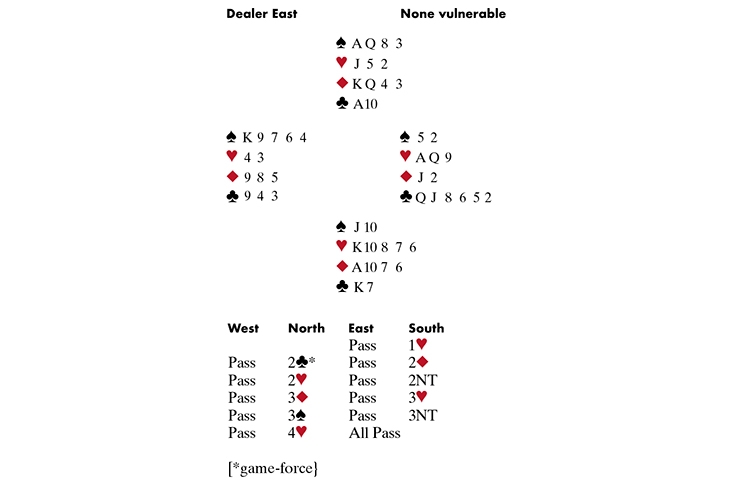Sad to say, the length of time you’ve been playing bridge is no indication of how good you are. Indeed, you can play with gusto every day of your life, but if you never venture outside your same circle, or take lessons or read books, then — to put it bluntly — you probably have no idea how bad you are.
I recently read an amusing article about this by the Scottish novelist Alexander McCall Smith, author of the hugely popular No. 1 Ladies Detective Agency series. He and his wife love bridge, and some years ago took a cruise which offered classes. His wife, a ‘much stronger player’, chose the intermediate class. She soon realised she was out of her depth: she belonged with ‘the novices’. As McCall wrote, it was ‘a difficult thing to be told when one has been playing bridge regularly, every other week, for 35 years’.
On the other hand, there are players with such innate talent that in no time at all they are better than most of us could ever hope to be. At the recent Platinum Pairs in Memphis, 22-year-old Kevin Rosenberg (already a pro) found a defence that won applause not just from his partner, David Gold, but also his opponents, Jeff Meckstroth and John Hurd (see diagram).
Declarer, Hurd, won the club lead in dummy and had to decide how to play trumps. When he led a low heart, Rosenberg smoothly played the ♥Q. Hurd won with his ♥K, and then, imagining West had ducked with ♥A943, ran the ♥8 to Rosenberg’s ♥9! How satisfying to give a player of Hurd’s stature a losing option, and then see him grab it.






Comments